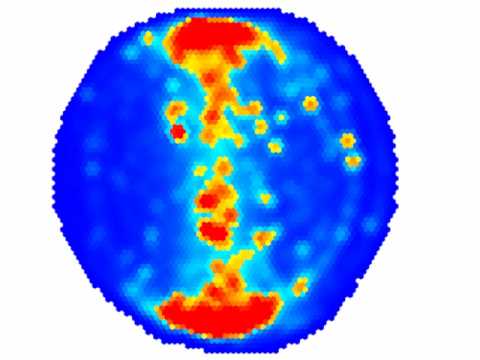I recently was sent a report from a university-wide working group on the publishing habits within the Freie Universität Berlin. I don’t think this document is available online, but I think I’m not doing anything illegal if I publish some of the survey results here. The working group polled all faculty members of the university on various questions concerning scholarly publishing. One of the questions was on the importance of Thomson Reuters’ Impact Factor for the respondents. Here the results:
| n= | none/low | middle/high | |
| Discipline | 207 | 43% | 57% |
| Vetenary medicine | 17 | 0% | 100% |
| Biology, Chemistry, Pharmacy | 31 | 3% | 97% |
| Economics | 17 | 12% | 88% |
| Physics | 10 | 20% | 80% |
| Political and social studies | 17 | 24% | 76% |
| Didactics and psychology | 14 | 36% | 64% |
| Geosciences | 11 | 36% | 64% |
| Mathematics and computer sciences | 22 | 50% | 50% |
| Philosophy and humanities | 25 | 88% | 12% |
| Law | 11 | 91% | 9% |
| History and cultural studies | 24 | 92% | 8% |
It is quite clear that in all disciplines but the humanities, the Impact Factor is considered to be influential. In particular the biomedical field is near unanimous in its submission under the Impact Factor, with physics, social and geosciences trailing.
Interestingly, a majority of respondents in all disciplines lament the high importance of bibliometric indicators in general and the Impact Factor in particular. This seems puzzling, given that it’s the faculty that make these numbers important, at least here in Germany.
The report emphasizes both the inconsequential (and unscientific) behavior of their own faculty as well as the detrimental consequences of the collusion between the big database companies, Thomson Reuters and Reed Elsevier, for the scientific community in general. The working group report specifically recommends the university to drop the use bibliometric indicators in internal evaluations.
Footnote: The report also emphasizes that the importance of the Open Access debate is exaggerated in the public discussion and is not represented in the faculty responses, where Open Access plays a minor role and which shows that publication traditions are fairly constant over several generations of scholars and change only little.














Purely as a point of Information: Thomson Reuters does not publish Impact Factors for Humanities journals – it would be pretty hard for them to be important to those scholars. Not taking one side or the other regarding the IF obsession elsewhere.